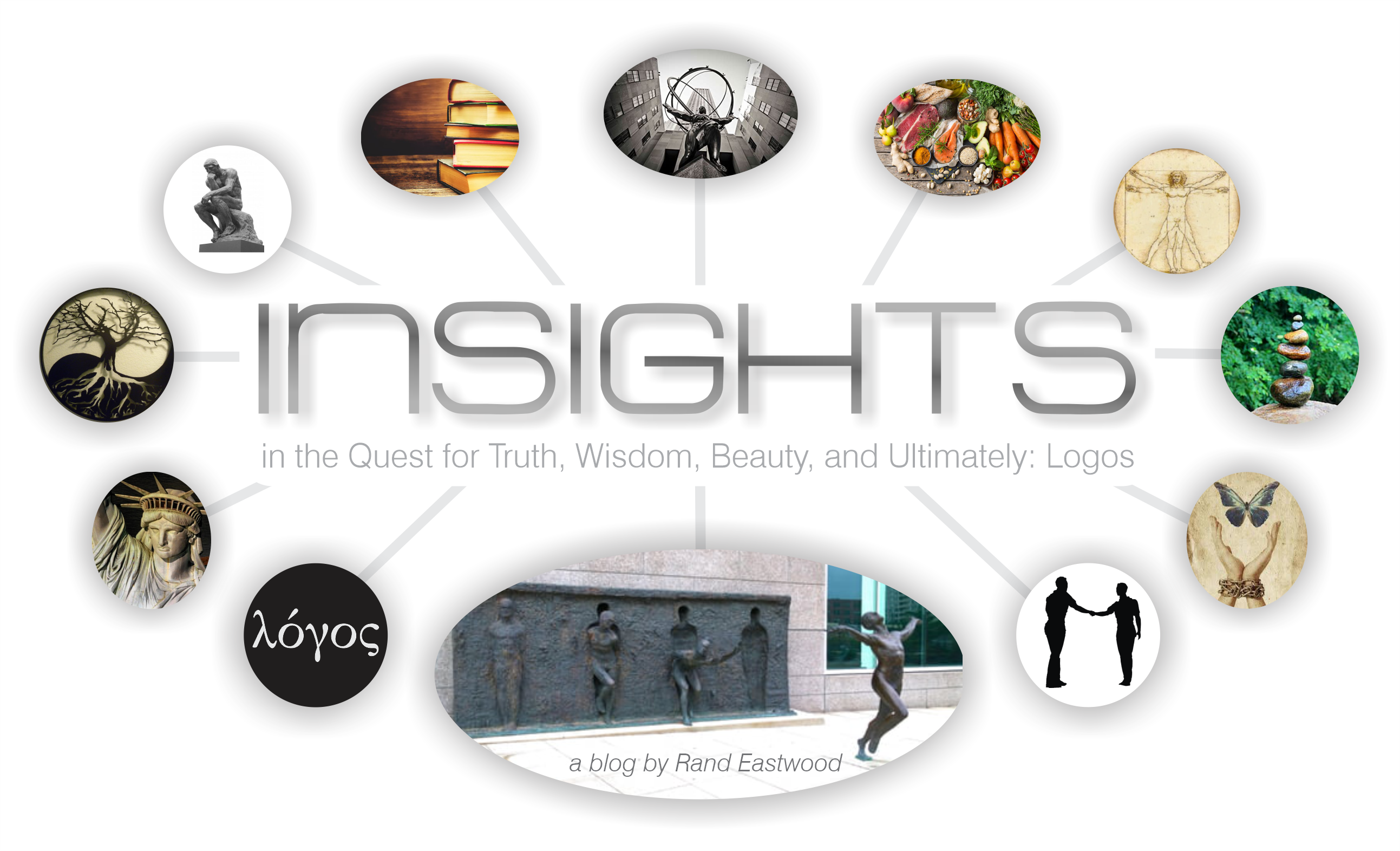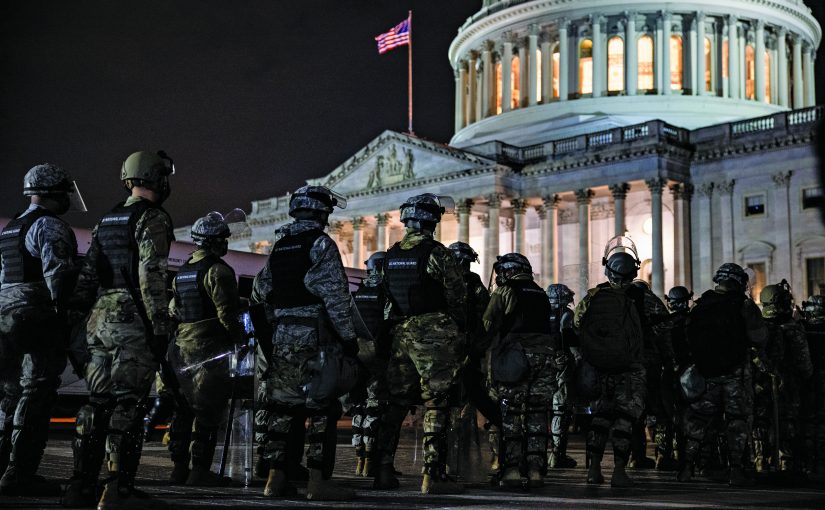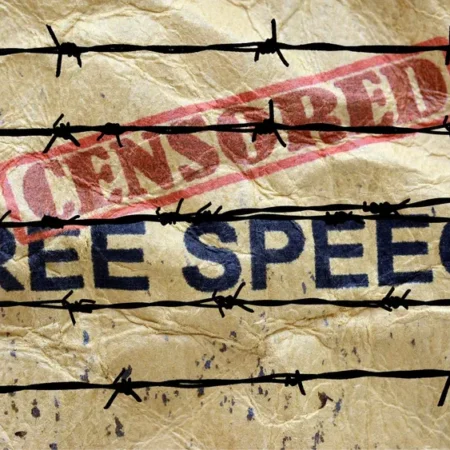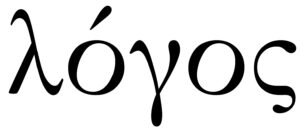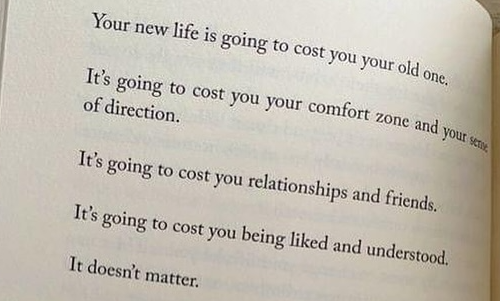I recently wrote a long (nearly 3600 words) article entitled The Immorality (and Futility) of Voting, wherein I explained that when I set out to write the article, I began by describing the futility of my experiences with voting over the years as my philosophy developed, and concluded with the principle that government is evil, being institutionalized violence, the implementation process of which I cannot in good conscience voluntarily participate in, the position I now hold. However, upon completion, and determining that the conclusion is the more important aspect of the article, I decided to reverse the order, and start with that principle, so that readers will grasp that concept first, then follow up with my history of futile voting and my thoughts thereof as my philosophy developed, which readers could go on to review if interested.
But it’s still nearly 3600 words, and these days how many people would actually be willing to read an article of such length in its entirety? Probably few, if any.
In hindsight, I’ve since determined that the core principle of that article–the institutionalized violence of government, thus its inherent evilness–is important enough that I should extract it out into a shorter stand-alone article that might appeal to more readers.
So here it is:
Government is Institutionalized Violence
Government is institutionalized violence, nothing more, nothing less.
Thus, being once removed, the violence perpetrated against (often innocent) individuals becomes nameless, faceless, and thereby relieves the collective of much of the guilt they would likely feel if they, as individuals, were to inflict that violence against others themselves.
But relieves does not mean absolves…
Collectively, we support the violent institution of government financially (via taxes, fees, campaign contributions, etc), and morally (via voting, supporting/promoting government officials, justifying government functions, etc).
And while it can be argued that we are forced to support the government financially via taxation and fees, under—you guessed it—the threat of violence, it cannot be argued that we are forced to lend financial support via contributions, or moral support of any kind; all such actions are voluntary on our part.
Therefore, taking such voluntary action as individuals makes us complicit in the institutionalized violence of the collective—and thus, is immoral.
(Side Note: the one possible exception might be running for office, not with the intent of exercising the power of that office (“I’ll do the right thing”, or “I’ll do the job better”), but for the sole intent of becoming a wrench in the works…blocking, prohibiting, dismantling, stopping, and generally becoming a thorn in the side of the establishment, doing anything and everything in one’s power to prevent them from exercising their power and perpetrating their violence on the people…for that, and ONLY that, I’ll make a careful exception…)
Father Richard Rohr speaks to the once-removed violence of the state in his book Yes, And…Daily Meditations, in the meditation entitled The Real Devil:
“The devil’s [systemic, or institutionalized, evil] secret is camouflage. [Its] job is to look very moral! It has to look like you are defending some great purpose or cause, like making the world safe for democracy or keeping the bad people off the streets. Then you can do many evils without any guilt, without any shame or self-doubt, but actually with a sense of high-minded virtue.”
He follows up in the meditation entitled The Devil, Part II:
“For most people, whatever system feeds and protects them, or panders to their superiority, is above criticism and, therefore, good. That is all they have and the highest they can think. They do not have their citizenship elsewhere, as Paul writes [Philippians 3:20], and their heart is not yet interested in the Reign of God. For most people, their only citizenship is here, and this is the citizenship they are defending. Not “all of God’s people,” but just “my people, about which God cares most.” Whatever status quo benefits them is the full and final good. Pollsters know this is the way most people will vote. How foolish and how blind this is! Jesus showed no undue loyalty to his religion or to his country, but radically critiqued both of them whenever they demanded to be worshiped. I challenge you to find one patriotic statement from Jesus. (The one that most people wrongly use about “giving to Caesar” [Mark 12:17] is actually a total dismissal of Caesar’s rights in comparison to God’s rights.)”
Also, in the foreword to M. K. Gandhi | An Autobiography or The Story of My Experiments with Truth | A Critical Edition, we find the following passage concerning societal violence:
“…the global fraternity of scholars who find in Gandhi a voice that defies the seductive mix of the Enlightenment values and a utopic, urban-industrial world to project an altogether different vision of a desirable society.
In that alternative vision, there is a built-in admission that the Enlightenment might have made some significant contributions to human civilization but the utopic vision, which the Enlightenment projects, has little or nothing to say about the central problem humanity faces today—massive, organized structural and, one might add, ‘scientized’ violence—towards fellow humans…
That quasi-nihilistic violence, which in the twentieth century took a toll of roughly 225 million lives in only genocides, has two crucial components. First, the brutalization that in many societies have taken an epidemic form and, second, the cultivation of political terror without which—one of the protagonists of the French Revolution, Maximilien Robespierre, believed—virtue was helpless.”
Also, in the Editor’s Introduction in Gandhi’s autobiography, after conveying Gandhi’s believe that Truth is God, he states:
“Violence and the quest for Truth [God] cannot exist together.”
Gandhi also references Tolstoy’s profound book The Kingdom of God is Within You: Christianity Not as a Mystical Teaching but as a New Theory of Life, saying “It overwhelmed me. It left an abiding impression on me. . .the independent thinking, profound morality, and the truthfulness of this book…”
In that book, Tolstoy pointed out, some 138 years ago: government is incompatible with the teachings of Jesus (I refrain from using the term Christianity, as I believe that today’s Christianity, as taught by the institutionalized church, bears little resemblance to the actual teachings of Jesus).
In Chapter X, we find this passage:
“Christianity in its true sense puts an end to government. So it was understood at its very commencement; it was for that cause that Christ was crucified. So it has always been understood by people who were not under the necessity of justifying a Christian government. Only from the time that the heads of government assumed an external and nominal Christianity, men began to invent all the impossible, cunningly devised theories by means of which Christianity can be reconciled with government. But no honest and serious-minded man of our day can help seeing the incompatibility of true Christianity—the doctrine of meekness, forgiveness of injuries, and love—with government, with its pomp, acts of violence, executions, and wars. The profession of true Christianity not only excludes the possibility of recognizing government, but even destroys its very foundations.”
He also more briefly addresses this issue in his essay The Law of Love vs. The Law of Violence:
“The true Christian doctrine consists only in the recognition of love as the supreme law of life, and consequently not allowing any exception. This means that the pretended Christian doctrine that does allow exceptions, such as the possibility of the use of violence in the enforcement of laws, is a contradiction as obvious as cold fire or warm ice.”
“It seems natural that if the possibility is once admitted that men may torture or kill their fellow beings in the name of humanity, others may claim the same right to torture and kill in the name of some ideal of the future. The admission of a single case contrary to the law of love destroys all its beneficial characteristics, although it is the basis of all religious or moral doctrines. This seems so self-evident that one hesitates to be obliged to prove it. Nevertheless, the believers or the nonbelievers of the Christian world (the latter acknowledge the moral law) look upon the doctrine of love condemning violence as fantastic and inapplicable to life.”
“It would seem that the workers [the people], not gaining any advantage from the restraint that is exercised on them, should at last realize the lie in which they are living and free themselves in the simplest and easiest way: by abstaining from taking part in the violence that is only possible with their co-operation.”
“When they have at last understood, [it] would be natural to get them to say to those they consider as chiefs, “Leave us alone. If you emperors, generals, judges, bishops, professors and other learned men have need of armies, navies, universities, corps de ballet, ecclesiastic courts, conservatories of music, prisons, gallows, or guillotines, prepare them all yourselves. Tax yourselves, judge yourselves, imprison and execute each other, exterminate yourselves, and get yourselves killed in war. Leave us alone, for we have no need of all these things and we do not wish to participate in acts that are futile as far as we are concerned, and above all, so wicked.”
And again, in Tolstoy’s A Letter To A Hindu:
“The recognition that love represents the highest morality was nowhere denied or contradicted, but this truth was so interwoven everywhere with all kinds of falsehoods which distorted it, that finally nothing of it remained but words. It was taught that this highest morality was only applicable to private life—for home use, as it were—but that in public life all forms of violence—such as imprisonment, executions, and wars—might be used for the protection of the majority against a minority of evildoers, though such means were diametrically opposed to any vestige of love. And though common sense indicated that if some men claim to decide who is to be subjected to violence of all kinds for the benefit of others, these men to whom violence is applied may, in turn, arrive at a similar conclusion with regard to those who have employed violence to them, and though the great religious teachers of Brahmanism, Buddhism, and above all of Christianity, foreseeing such a perversion of the law of love, have constantly drawn attention to the one invariable condition of love (namely, the enduring of injuries, insults, and violence of all kinds without resisting evil by evil) people continued—regardless of all that leads man forward—to try to unite the incompatibles: the virtue of love, and what is opposed to love, namely, the restraining of evil by violence. And such a teaching, despite its inner contradiction, was so firmly established that the very people who recognize love as a virtue accept as lawful at the same time an order of life based on violence and allowing men not merely to torture but even to kill one another.”
More recently, in Why Democracy Rewards Bad People, (or, Why Bad Men Rule), Austrian economist and libertarian/anarcho-capitalist philosopher Hans-Hermann Hoppe wrote:
“The selection of government rulers by means of popular elections makes it nearly impossible that a good or harmless person could ever rise to the top. Prime ministers and presidents are selected for their proven efficiency as morally uninhibited demagogues. Thus, democracy virtually assures that only bad and dangerous men will ever rise to the top of government. Indeed, as a result of free political competition and selection, those who rise will become increasingly bad and dangerous individuals…”
Robert Higgs also summed this up nicely with an analogy which he posted on Facebook:
“Suppose a team of leading economists informed you that you could stimulate your town’s economy by killing all the children in town. Would you support the local government’s killing all the kids? I do not believe you would. And why wouldn’t you, even though you were sure that such killings would enhance the area’s prosperity or even lift it out of depression? Obviously, because this action would be wrong, and no beneficial outcome could justify carrying it out.
Killing children, however, is not the only immoral act people might commit. Theft, extortion, initiation of violence against innocent, peaceful people, and murder are also incontestibly wrong. But because the state rests on such actions—it cannot exist without them—the state is intrinsically immoral as an institution, regardless of any benefits that might flow from state actions or how popular the state might be with its subjects.
One cannot, therefore, support the state’s existence and operation and remain a moral person. All consequentialist rationales for the state fail to exonerate it. It is immoral at its very roots; it cannot be otherwise. You can, of course, simply deny that the state is immoral, but doing so requires that you regard theft, extortion, initiation of violence against innocent, peaceful people, and murder as moral actions, which is indefensible. All statists have, in effect, abandoned morality and become thoroughgoing immoralists. Why they have done so is immaterial.”
And let’s not forget the words of Austrian economist, historian, logician, and sociologist Ludwig von Mises:
“The worship of the state is the worship of force. There is no more dangerous menace to civilization than a government of incompetent, corrupt, or vile men. The worst evils which mankind ever had to endure were inflicted by bad governments. The state can be and has often been in the course of history the main source of mischief and disaster.”
So, for all of the aforementioned reasons (not to mention countless others), I believe that government is nothing more than institutionalized violence, and therefore statismStatism: the principle or policy of concentrating extensive economic, political, and related controls in the state at the cost of individual liberty. is inherently evil.
Subscribe to INSIGHTS Blog on Substack • Like/Follow INSIGHTS Blog on Facebook
Visit Lifeology Store • Like/Follow Lifeology Store on Facebook • View Rand’s Books on Amazon
A Note To Readers:
If you found this article (or any of the others, for that matter) interesting, informative, entertaining, etc., please consider subscribing to the INSIGHTS email newsletter: simply enter your email into the form below (also in the right sidebar)—or, if you prefer, just use this simple quick sign-up form. (Bonus: INSIGHTS subscribers receive a 20% discount at Lifeology Store, at checkout simply enter the discount code included in the welcome email upon subscribing!)
↓↓↓ Also, please hit the “Like” (thumbs up) button below. Thanks! ~ Rand
